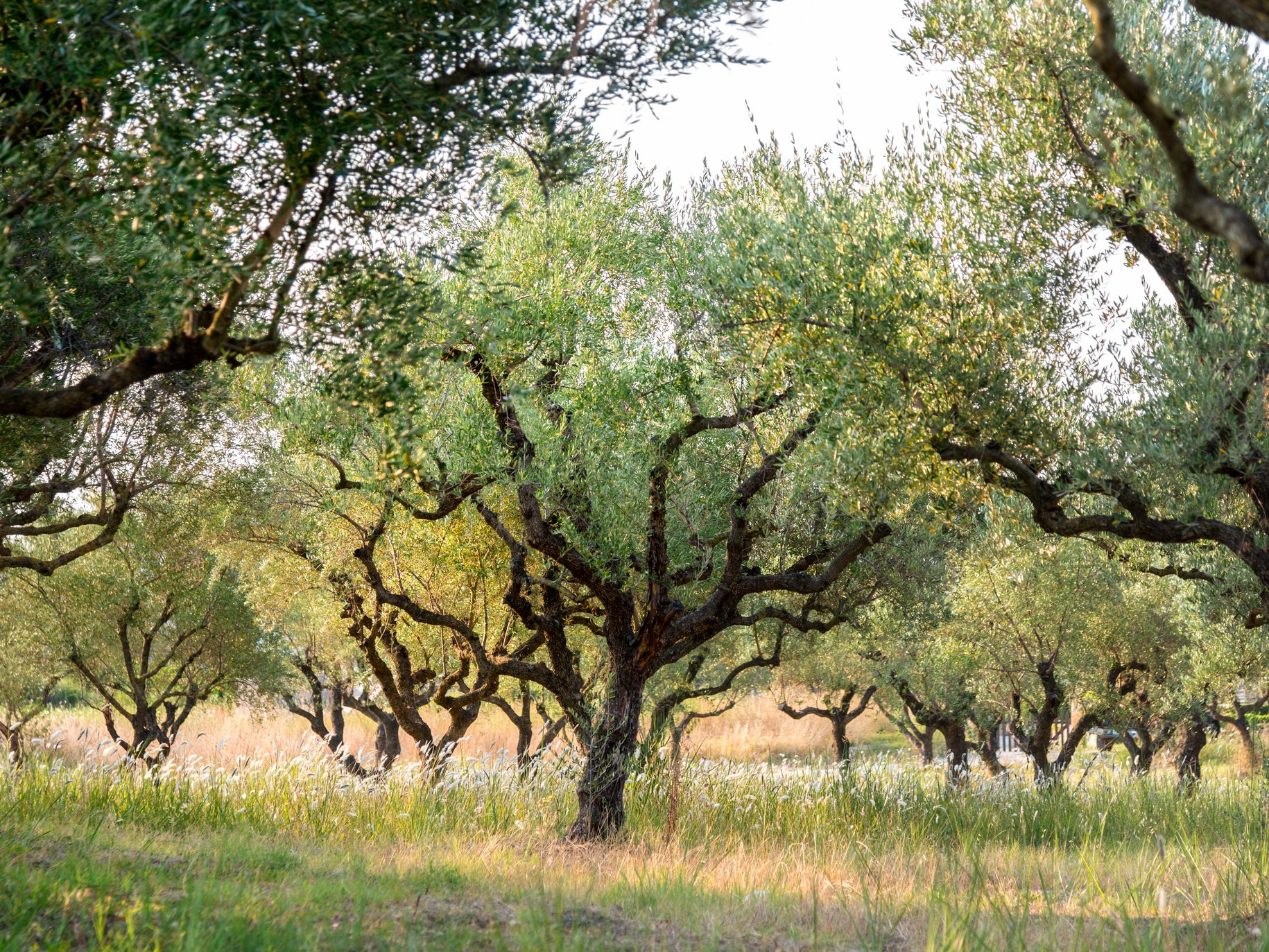UK clamps down on olive tree imports to halt spread of ‘devastating’ plant disease
Bacterial disease has already wiped out ancient Italian olive groves, with economic impact forecast to be ‘billions of euros’

Your support helps us to tell the story
From reproductive rights to climate change to Big Tech, The Independent is on the ground when the story is developing. Whether it's investigating the financials of Elon Musk's pro-Trump PAC or producing our latest documentary, 'The A Word', which shines a light on the American women fighting for reproductive rights, we know how important it is to parse out the facts from the messaging.
At such a critical moment in US history, we need reporters on the ground. Your donation allows us to keep sending journalists to speak to both sides of the story.
The Independent is trusted by Americans across the entire political spectrum. And unlike many other quality news outlets, we choose not to lock Americans out of our reporting and analysis with paywalls. We believe quality journalism should be available to everyone, paid for by those who can afford it.
Your support makes all the difference.Strict new import regulations are to be put on plants including olive trees in an effort to prevent a “devastating” plant disease from hitting British wildlife.
Xylella fastidiosa – an insect-borne bacterial disease – has already wiped out millions of ancient olive groves in Italy, and is now causing chaos in France and Spain.
Imports of coffee plants are completely banned, while olive trees and other species at high risk, including almond trees, lavender, rosemary and oleander are to be curtailed in an effort to halt the spread of the disease.
The disease is known to affect over 560 species and in the UK it also poses a threat to elm, plane and oak trees.
Xylella fastidiosa causes plants’ essential internal water systems to become blocked, causing them to die of dehydration. There is no cure for the disease.
If the disease was found in the UK, the impact could be significant. According to the John Innes Centre, which specialises in plant science, genetics and microbiology, all host plants within a 100m range would be destroyed and there would also be a ban on the movement of a wider range of plants within a 5km range.
Just one year after the disease was first detected in Portugal, over 11,000 plants of the various different host species have already been destroyed.
There is already an EU-wide ban on the movement of host plants of Xylella from outbreak areas unless very strict criteria are met and the highest risk plants can only be traded within the EU once tested.
This week, industry news outlet Olive Oil Times said the long term economic impact would likely run to several billions of euros in Italy, Spain and Greece.
“Even under slow disease spread and the ability to replant with resistant cultivars, projections of future economic impact in affected countries run in the billions of euros,” Kevin Schneider, of the Wageningen University in the Netherlands Kevin told the outlet.
The UK government is also taking measures to tackle other threats to plants, including import controls on woods which may contain emerald ash borer – an exotic beetle which can kill ash trees.
In a statement on Tuesday, Defra said: “Today new national measures have come into effect to safeguard the UK, and our forestry and horticulture industries, from a range of plant health diseases and pests including the devastating Xylella fastidiosa and exotic beetles which can kill ash trees.
“These new regulations ... will add more stringent import requirements to protect UK plant health against these threats.”
UK chief plant health officer Nicola Spence said: “Protecting our country from tree pests and diseases is key to protect our environment, economy and our health.
“That is why we are introducing tighter restrictions on the importation of high risk host plants and trees for Xylella, emerald ash borer and plane wilt.
“Xylella is a major threat to our landscape and industry and in this year of International Plant Health it is more imperative than ever that we do all we can to ensure the UK remains a Xylella-free zone.
“Emerald ash borer and plane wilt also represent significant threats, which is why we are bolstering our protection against them, in response to recent changes in the risk situation.”
Professor Saskia Hogenhout, leader of BRIGIT – a consortium of 12 universities and research institutes led by the John Innes Centre and including the RHS and the UK Centre for Ecology & Hydrology, said: “We welcome these new regulations which will be a key step in keeping the UK free from Xylella.
“Through the BRIGIT programme we are investigating how Xylella may spread in the UK environment, by assessing how symptoms may develop in plants, the prevalence and movement of insect vectors and how Xylella may move around the country via transport of plants.
“We also organise public engagement events to distribute information about Xylella and risks associated with importing ornamental plants into the UK. All of these components are vital in developing an effective regulatory framework to manage the threat posed by the disease.”
Join our commenting forum
Join thought-provoking conversations, follow other Independent readers and see their replies
Comments